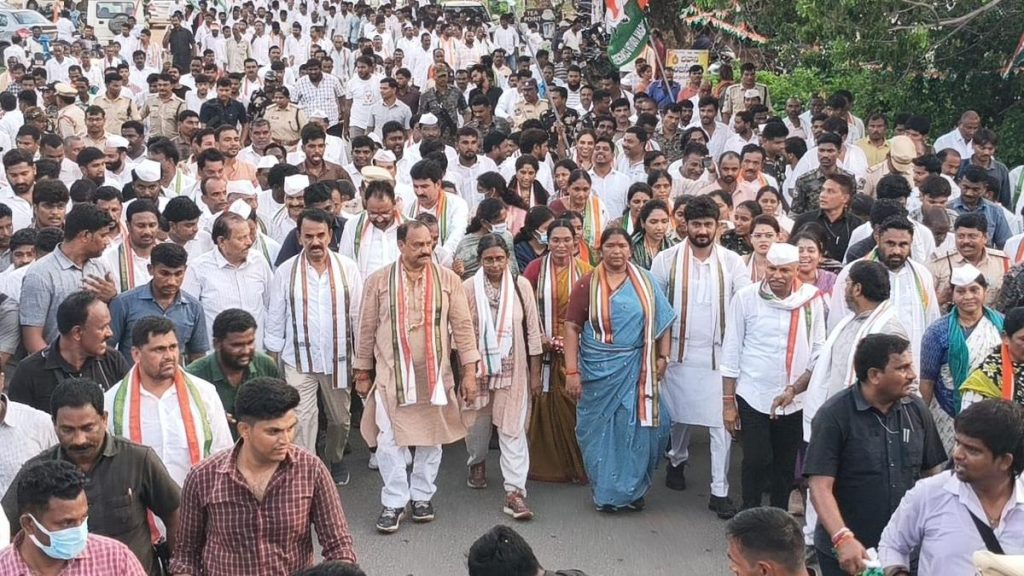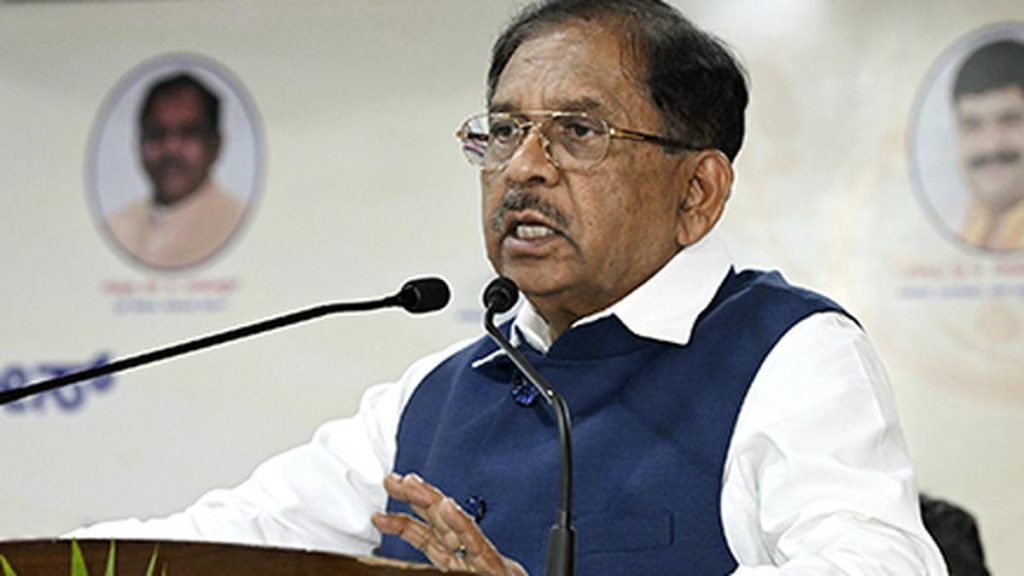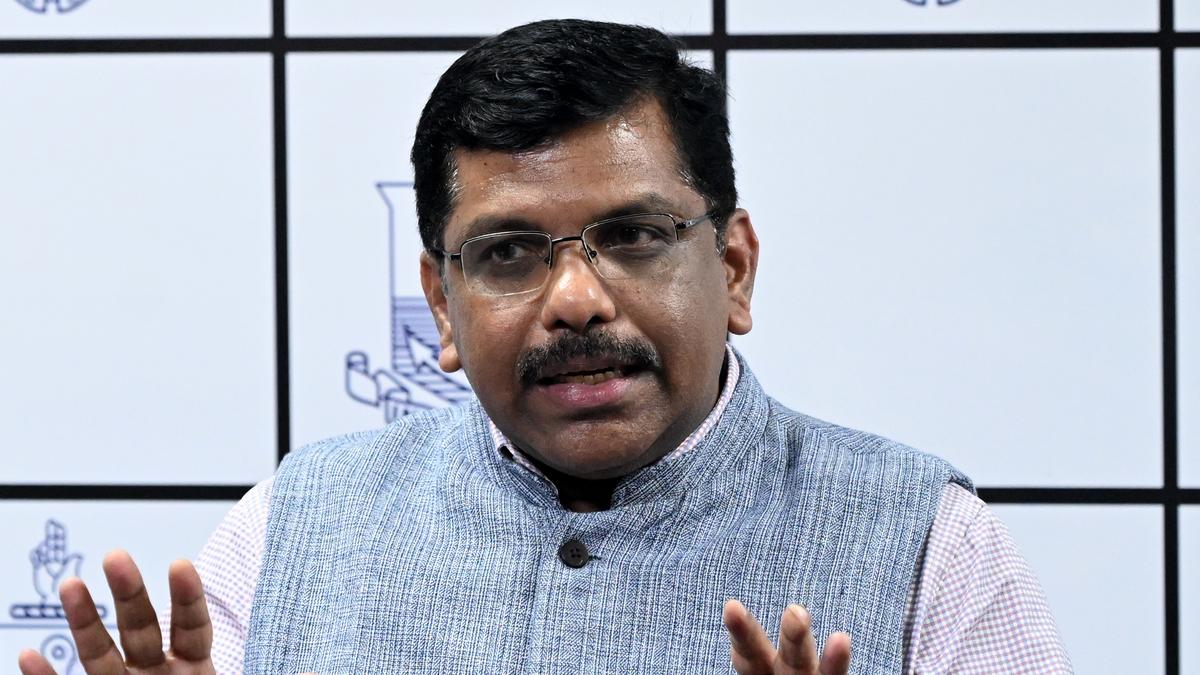Now Reading: U.S. May End Mediation in Russia-Ukraine War Over Lack of ‘Concrete Proposals
-
01
U.S. May End Mediation in Russia-Ukraine War Over Lack of ‘Concrete Proposals
U.S. May End Mediation in Russia-Ukraine War Over Lack of ‘Concrete Proposals
Quick Summary
- U.S. Secretary of State Marco Rubio warned about the United States withdrawing mediation efforts in the Russia-Ukraine conflict unless “concrete proposals” are presented by both sides to achieve peace.
- President Donald Trump, after 100 days in office, promised to focus on ending the war but has faced criticism for his approach to negotiations.
- A proposed three-day ceasefire by Russian President Vladimir Putin coincides with moscows commemorations for WWII but was rejected as insufficient by Ukraine and the U.S.,which called for a longer truce.
- suggestions of recognizing Russia’s 2014 annexation of Crimea have sparked backlash from Ukrainian leadership and certain U.S. lawmakers as they view such concessions as emboldening Moscow’s aggression.
- Ukrainian President Volodymyr Zelensky criticized any plan that rewards Russian territorial acquisitions yet agreed to support U.S.-led diplomatic negotiations when pressured during recent discussions.
- Evacuations were ordered from seven villages in Dnipropetrovsk due to advancing Russian troops; civilian casualties continue due to missile strikes on urban areas like Kyiv.
Indian Opinion Analysis
The warning from the United States highlights its diminishing patience with stalled dialog between Russia and Ukraine, signaling possible shifts in diplomatic priorities amid evolving geopolitical dynamics under President Trump’s administration. For India – a non-aligned yet actively engaged global player – this growth holds significance as it reshapes international positions on conflict resolution methods involving major powers like the U.S., Russia, and Europe.
India may observe closely how propositions like territorial recognition or resource control influence peacekeeping strategies worldwide since such precedents could resonate across similar disputes or tensions bedeviling its immediate region (e.g.,South Asia). Maintaining neutrality while supporting peaceful resolutions remains critical for India’s stance amidst increasingly polarized narratives driving international diplomacy today.
























